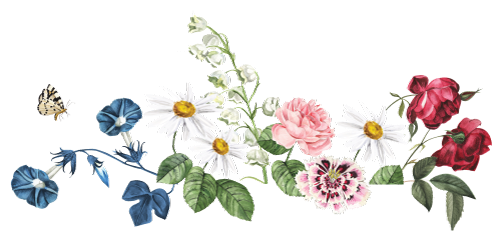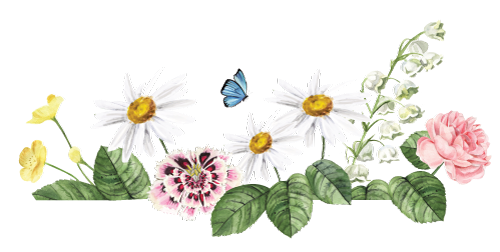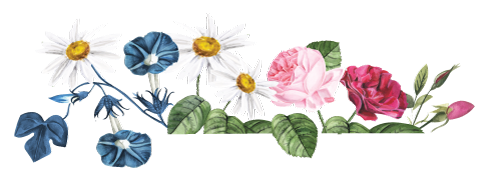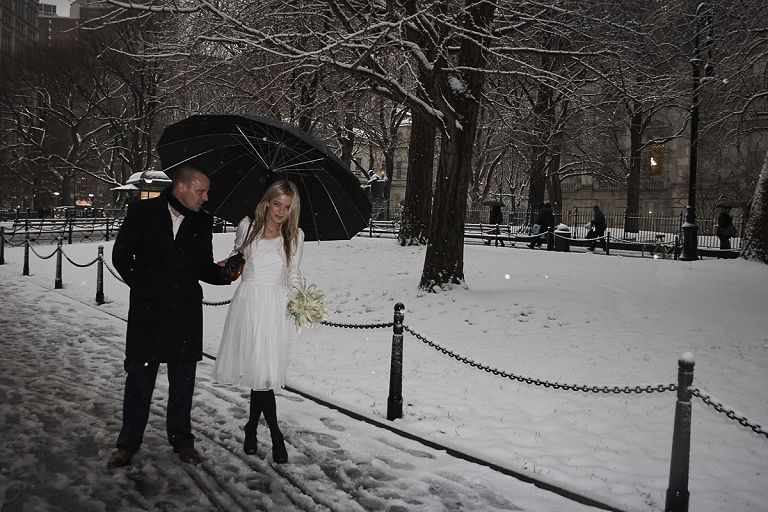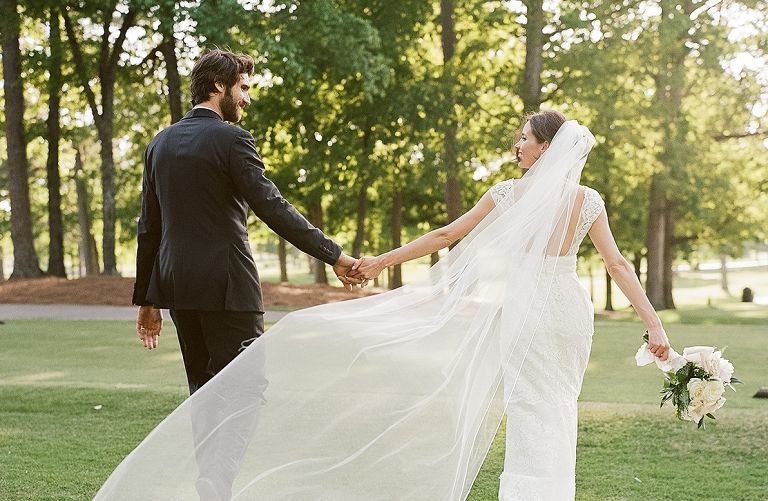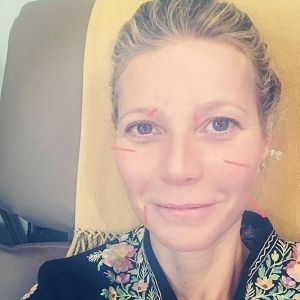
It wasn’t a surprise when news broke last month that Meghan Markle and Prince Harry allegedly sought out a celebrity acupuncturist to help them chill out before their nuptials. In-the-know brides and grooms have leaned on Traditional Chinese Medicine (TCM) therapies long before the royal wedding brought it to the mainstream. Even Gwyneth Paltrow showed off her pre-wedding acupuncture session with an Instagram post of her smiling, strategically needled face.
But what’s the appeal of sticking needles into your body before one of the biggest days of your life? “The months before a wedding tend to be very stressful,” says Jennifer S. Bak, Lac, the sought-after acupuncturist at Santa Monica’s Active Therapy Center who’s noticed a rise in brides and grooms seeking TCM therapies. Bak notes that stress can manifest as weight gain (or loss), thinning hair, and hormonal imbalances, not to mention fatigue, trouble sleeping, and irritability. “TCM treatments are a form of self-care, which one should practice before starting a new life with a partner!” she enthuses.
But what exactly is TCM all about?
After almost three thousand years of practice, Traditional Chinese Medicine is as modern as ever. “The most important part of TCM is balance and harmony—our body is in constant motion, our life is ever-changing, but there always has to be balance,” Bak explains, comparing it to the symbol of Yin and Yang. “For a marriage to be healthy, we should seek good health, good balance, and good harmony from both partners—physically, emotionally and mentally.”
To enter a new life phase with a “relaxed, renewed start,” many couples book appointments ahead of the big day for a range of TCM sessions, from cupping to ear seeds. “Treatments get your Qi energy flowing—you need this to merge two lives together to be happy,” shares Michelle Tolczyk, Master of Acupuncture & Oriental Medicine at Chicago’s luxe Chuan Spa, which focuses on TCM treatments like Ho Guan (better known as cupping, which can leave dark circular bruises at areas of application) and moxibustion (healing herbs placed on the body and set aflame in a surprisingly painless ritual).
But what is “Qi”?
“Qi, or energy, is the basis of all life—without qi, we simply won’t exist,” says Bak of the mysterious force that “circulates throughout our body, emanates through our skin, and dictates life.” According to TCM, qi also needs to be balanced for the body to function at its healthiest. “Everything can affect our qi, from what we eat, genetic disposition, to how much we exercise, it can often lag or become blocked if we don’t move enough, while some people have too much fire qi and can be irritable.” The latter may explain pre-wedding outbursts and breakdowns that can become commonplace for overexerted couples during the final stretch.
When qi is balanced, last-minute planning hiccups won’t feel like the end of the world. “You’ll be able to stay in a calm state for easier decision making (and fewer bottled up frustrations) if things don’t go as planned,” says Tolczyk, who encourages brides to practice deep breathing the day of to stay focused and calm. “Always take care of your mind & body, this will radiate in your vibration for your new path of marriage—by loving yourself in this way, you will radiate an abundance of love & joy out into the world & receive it back from others.”
The TCM Self-Care Essentials
For an insider’s guide to de-stressing as a couple, Bak and Tolczyk break down the treatments worth the hype:
Acupuncture
“As brides go through the journey of planning a wedding, acupuncture can help them relieve stress and
emotional imbalances,” says Tolczyk of the practice of hair-thin needles along specific points on the body. She notes during treatment that the sensation is less of sharpness than it is “a heaviness or pressure rising up toward the needle.” For Bak, the most important function of the treatment is stimulating pressure points by puncturing the skin to ultimately balance the body’s qi.
“Stimulating qi helps move it in the direction we want, to remove any stagnation, and to increase circulation—for problems like acute pain (think throwing out your back, stiff neck, joint problems). Results can be instant, while for chronic issues like hormonal imbalance, a bride can work with an acupuncturist to address it before her wedding.”
Moxibustion
To warm up energy and boost the immune system, this smoky treatment is like incense for the body when the “indirect” method is practiced, which is more typical of American treatments. “As brides plan out their wedding, stress may affect their immune system or digestive tract; this treatment would be beneficial for these types of concerns,” notes Tolczyk of the Chinese herb burned close to acupuncture points.
“Usually, moxibustion is used to treat problems that are caused by too much cold in the body—TCM categorizes the body into warm, cold, and neutral energy. Sometimes your stomach can be upset from eating too much cold food, and moxibustion can help treat that,” Bak explains. “There are two moxibustion methods: direct and indirect. Direct moxibustion, which is popular in China, Korea, and Japan, burns the skin at pressure points directly to create a water blister. Indirect moxibustion is performed by burning small cones of dried leaves, like mugwort leaves, on designated pressure points.”
Cupping (or Ho Guan)
Typically used to treat muscle pain, you’ve likely seen the circular bruises on sports stars and celebrities (Jennifer Aniston even offered hers up for a red carpet reveal). “For brides who are stepping up their fitness routine before their wedding, cupping can help relax their muscles and speed up recovery,” says Bak of the circulation-boosting session.
“Traditionally cupping is done by heating the cups to create a vacuum to suck the muscles up into the cup—this is also called fire cupping. Nowadays there are air pumps that can be used.” Tolczyk agrees, adding that detoxification is an added bonus to increased circulation. “This is a treatment that benefits brides experiencing muscular tension or hoping to detox before starting their new path.” (Just remember to schedule your appointment with enough time so you won’t show any bruising marks on your wedding day.)
Ear Seeds
“I can map out your entire body on your ears,” Tolczyk explains as she tapes tiny beads to their different crevices. “Ear Seed placement is a technique I use to continuously stimulate acupuncture points in the ears, when slightly stimulated with massage throughout the day, it continues the benefits of the treatment.”
For Bak, this TCM To-Go concept is the whole point. “The ear contains pressure points directly related to the entire body—with acupuncture, you’re only stimulating certain pressure points for 30 minutes to an hour. With ear seeds, acupuncturists can make sure those points are continuously stimulated beyond the session.” She notes that for brides toning up before the wedding, this can be particularly helpful since some points can boost metabolism. Additionally, headaches, migraines, and constant stress can be eased as well—just don’t forget to remove them before applying those new shoulder-grazing pearl drops.
